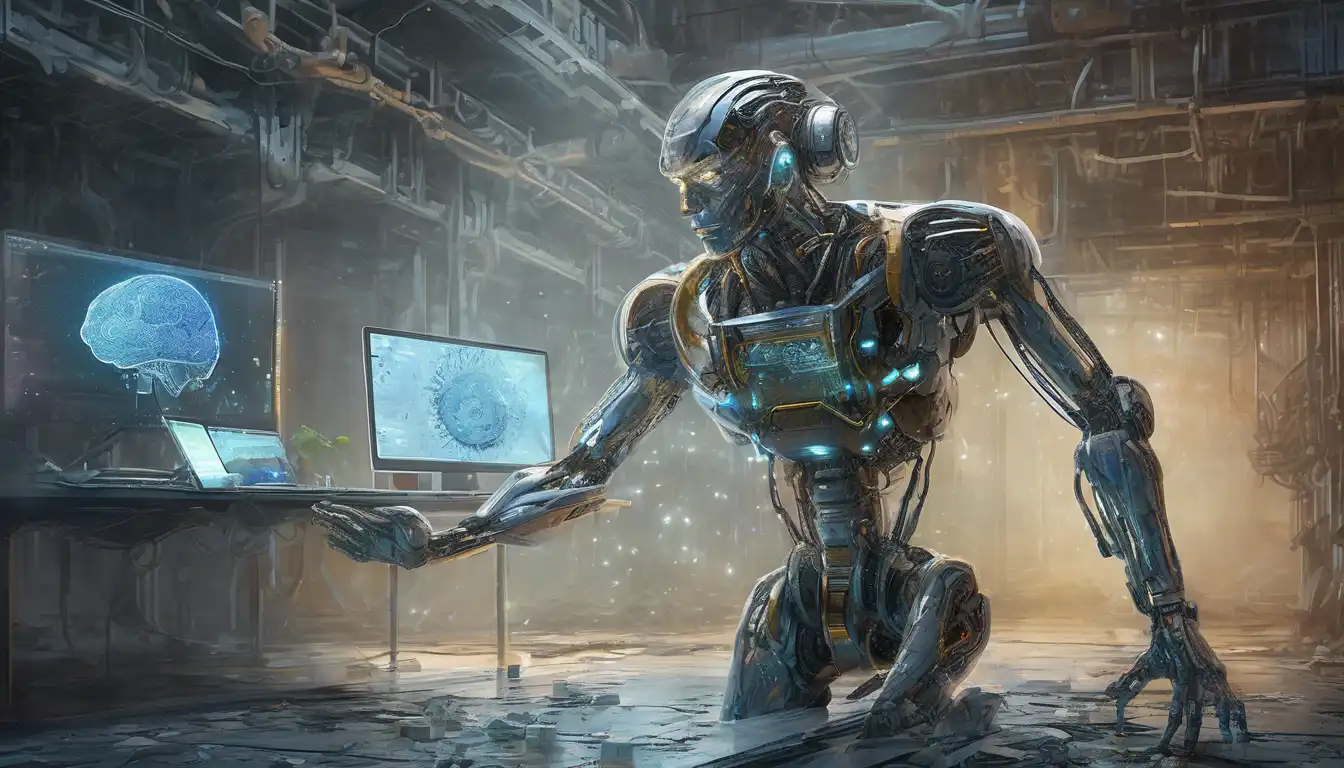Introduction to Artificial Intelligence
Artificial Intelligence (AI) has become a cornerstone of modern technology, influencing everything from how we shop to how we work. Despite its widespread application, there are numerous myths surrounding AI that obscure its true potential and limitations. This article aims to separate fact from fiction, providing a clear-eyed view of what AI can and cannot do.
Myth 1: AI Can Think and Feel Like Humans
One of the most pervasive myths is that AI possesses consciousness or emotions akin to humans. In reality, AI operates based on algorithms and data inputs. It can simulate aspects of human thought processes but lacks self-awareness or genuine emotional responses.
Myth 2: AI Will Replace All Human Jobs
While AI is transforming the job market, the idea that it will render human workers obsolete is exaggerated. AI excels at automating repetitive tasks but struggles with jobs requiring creativity, emotional intelligence, and complex decision-making. The future likely holds a collaborative relationship between humans and AI, not a replacement.
Myth 3: AI Is Infallible
AI systems are only as good as the data they're trained on. Biases in data can lead to skewed outcomes, and without proper oversight, AI can perpetuate or even amplify these biases. Recognizing the limitations of AI is crucial for its ethical and effective use.
The Reality of AI's Potential
Beyond the myths, AI offers incredible opportunities for innovation across sectors. From healthcare diagnostics to environmental protection, AI's ability to process vast amounts of data quickly can lead to breakthroughs that were previously unimaginable.
Healthcare Innovations
AI is revolutionizing healthcare by enabling faster, more accurate diagnoses and personalized treatment plans. Machine learning algorithms can analyze medical images with precision, identifying conditions such as cancer earlier than traditional methods.
Environmental Protection
AI tools are being used to monitor deforestation, track wildlife populations, and predict climate change impacts. These applications demonstrate how AI can be a powerful ally in addressing some of the planet's most pressing challenges.
Conclusion
Understanding the realities of AI is essential for leveraging its benefits while navigating its challenges. By dispelling common myths, we can foster a more informed and productive dialogue about the role of AI in society. The journey of AI is just beginning, and its full potential is yet to be realized.
For more insights into the evolving world of technology, explore our Tech Trends section.
